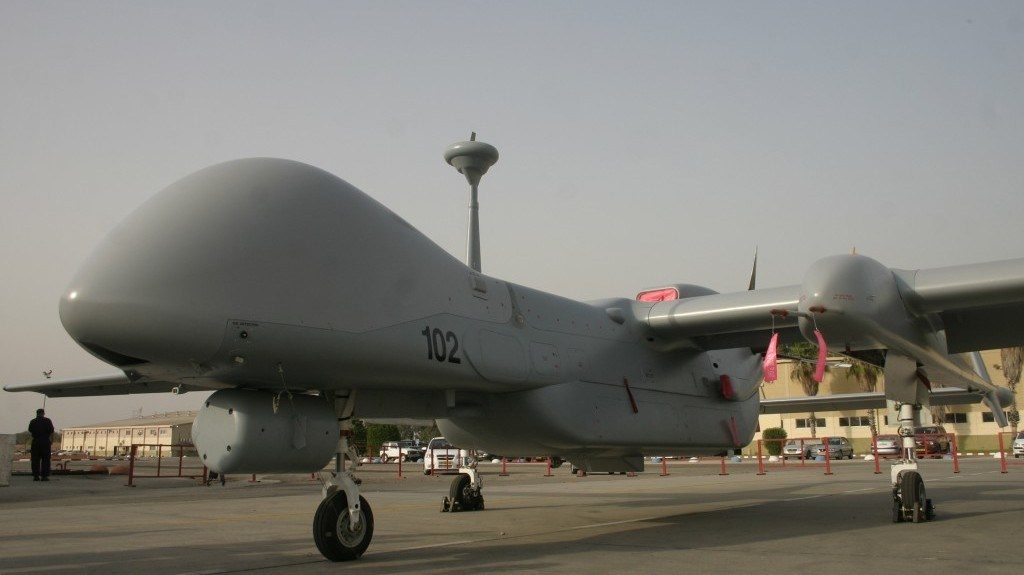New Delhi: The Indian Army has leased four Heron TP medium-altitude, long-endurance (MALE) unmanned aerial vehicles (UAVs) from Israel as a part of its emergency procurement programme. The development comes at a time when India and China have just begun disengagement from one of the most prolonged stand-off along the Line of Actual Control (LAC).
This is the second significant contract under the provisions of the Defence Acquisition Procedure 2020 (DAP 2020). The Indian Navy had, under the same provisions, contracted SeaGuardian MALE UAVs from the United States.
According to a report in Janes, the contract is pegged at $200 million. The report cited that the lease is valid for three years and extendable up to two years.
Contract signed at a time when tensions along LAC were still ongoing
The lease for the UAVs was granted in mid-January when the LAC standoff was still ongoing. The standoff ended just last week when India and China decided to mutually disengage from the northern banks of Pangong Tso. Speaking in the Parliament, Defence Minister Rajnath Singh had said that his government will not allow anyone to take even one anyone to take an inch of land.
Underlining the importance of modernisation and the procedural challenges, Army Chief General MM Naravane had recently said that the latest changes in the DAP 2020 were aligned to empower the domestic industry.
“While all these initiatives are quite appreciable, there is a lot of work that still needs to be done… There are certain inherent procedural lacunae that have crept into the acquisition process which primarily arises due to the overbearing nature of our rules, regulations and guidelines in trying to ensure zero error,” Naravane had said at a seminar.
Source:TNN
You may also like
-
IAF Aircraft Set Course For Exercise Eastern Bridge VII At Oman
-
IAF Set To Host The Indian Defence Aviation Exposition-II At Jodhpur
-
Defence Secretary to co-chair 5th India-Philippines Joint Defence Cooperation Committee meeting in Manila
-
Simultaneous Launch Of ‘malpe And Mulki’, Fourth And Fifth Ships Of Asw Swc (Csl) Project
-
Aatmanirbharta in Defence: MoD signs Contract with HAL for 240 AL-31FP Aero Engines for Su-30MKI Aircraft
